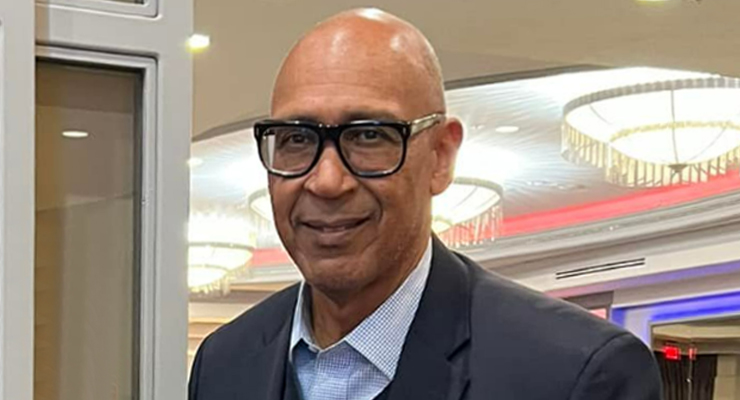
Thursday, Assemblymember Chris Holden (D-Pasadena) introduced legislation AB 538 to work with states across the west and create a regional electric system that expands the footprint for clean energy resources and enables better collaboration, transparency, and integration across the western electrical transmission grid system.
“Comprehensive planning and dispatch across a broader footprint is the best way to ensure that all Californians have access to affordable, clean and reliable electricity,” said Assemblymember Holden. “To meet our climate and energy goals, California needs to triple the amount of its clean energy infrastructure, and we must ensure every community has access to clean power day and night. To do both at scale, we need to set ourselves up for success: Regional western energy cooperation is the best way to deliver the clean energy Californians need, while preventing blackouts and keeping energy costs down.”
The California Independent System Operation (CAISO) is one of nine independent system operators or RTOs in North America. Although transmission in California is interconnected across 14 western states, British Columbia, Alberta, and a portion of Baja California, most of the utilities and federal entities like the Bonneville Power Authority are vertically integrated and operate independently. The bill would enable the transition of the CAISO to a regional transmission operator with fully independent governance involving states across the west. Preliminary work with its western neighbors has resulted in $3.4 billion in savings to ratepayers and a reduction in greenhouse gas emissions of almost 800,000 tons.
But the West remains one of the only regions in the country without shared governance of the regional power grid. AB 538 is the next important step, creating a regional governance structure that will enable California and other Western states to plan energy procurement and deliveries months and years ahead – improving reliability and cost effectiveness, helping California and other Western states expand local wind, solar, and other renewable energy sources, and supporting the construction of the interstate transmission lines needed to connect geographically diverse clean energy projects with millions of customers across the West.
According to the California Energy Commission’s 2022 Integrated Energy Policy Report Update, electricity delivery and planning across the west is fragmented. Centralized energy dispatch, planning and governance of the grid “could significantly decrease the ratepayer impact of adapting to climate change while decarbonizing and bring considerable economic and environmental benefits by harnessing diversity in loads, weather, and clean resources across the West.”
Other research has shown that there was no scenario where California would not benefit from CAISO expansion and, the bigger the footprint, the greater the benefits to electric customers, reliability, and achieving our climate goals.
“Centralizing dispatch operations and transmission planning with the rest of the region would significantly enhance electrical reliability and affordability for California households,” said Assemblymember Chris Holden. “California could go it alone, but then we would be a proverbial energy island. The bottom line is California can reduce cost, ensure we keep the lights on, and importantly, achieve our clean energy goals by collaborating with other Western states.”


















